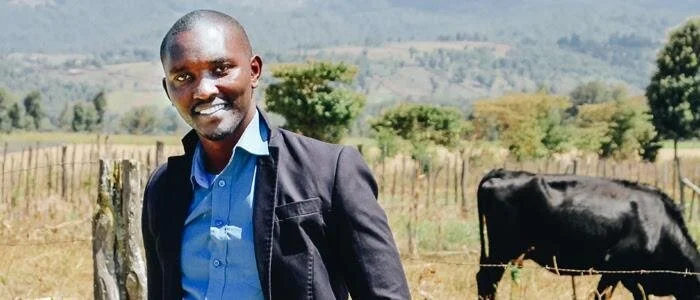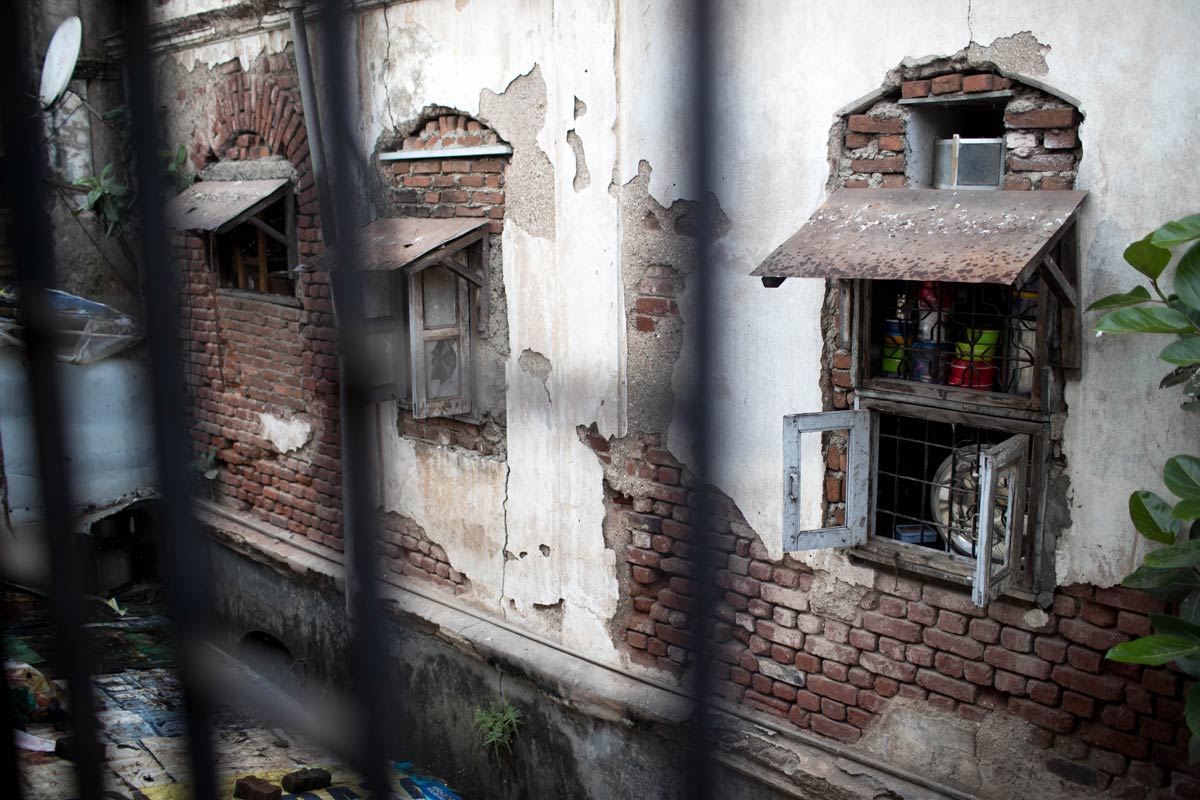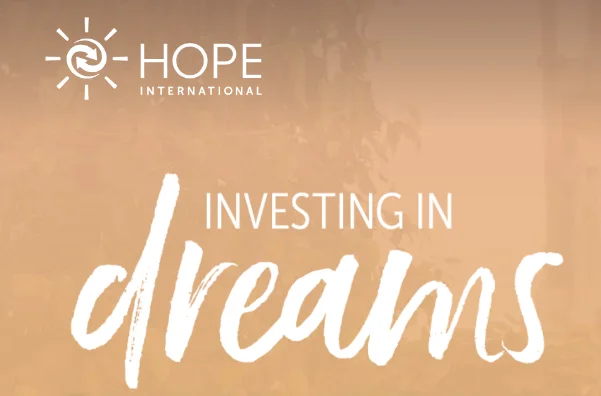Sara Miller: This is the Life of My Neighbors
This article was originally published here.
— by Praxis Podcast
In this episode, Sara shares her story of being welcomed into her neighborhood, and her team’s work to build a venture that aims to create generational change for its neighbors within a six-block radius.
Sara moved to New York City for college, and in a period of deep spiritual conviction about God’s care for the poor, asked herself the question: “If Jesus lived in New York City today, where would he live?”
Her answer took her to the South Bronx, where she was warmly welcomed into the life of the neighborhood. Over time, her informal after-school program grew into the innovative nonprofit A House on Beekman, which works with young people in the neighborhood from birth to their entry into a career.
Her story is one of proximity, risk, and the joy that comes from shared sacrifice.
Related articles
As a boy in rural Kenya, Waweru Kuria had seen enough. His heart broke when his cousin died of a treatable illness just because his family could not afford the cost of basic healthcare.
Sara shares her story of being welcomed into her neighborhood, and her team’s work to build a venture that aims to create generational change for its neighbors within a six-block radius.
We’ve long preached sustainable development over handouts. The pandemic forces us to change our approach—for now.
Charity has a place, and relief efforts are needed. But for a long-term solution we need a paradigm shift in thinking and praxis, from handouts to job creation, from mainly non-profit responses to for profit solutions.
In rural Mexico, fifty 3D printed homes are being built under the leadership of our most recent podcast guest, New Story CEO, Brett Hagler. The innovative project that’s the first of its kind is part of New Story’s larger goal of combatting global homelessness. This 3D printed neighborhood is set to house local families living on less than $3 a day.
Gleaning, the Old Testament practice whereby farmers left an unharvested margin around their fields and the poor came and picked from it, was at the heart of the Book of Ruth. Was gleaning only an ancient agricultural regulation or did it also apply to how he should steward a modern-day tech business?
The remarkable story of one gutsy contractor’s determination to end poverty in Africa. Grant Smith is not a visionary or an enthusiastic missionary. He’s a problem solver. When confronted with the desperate problems of poverty he witnessed in Africa, he did the only thing he knew how to do–business.
Brenda McGowan is a proud native from the South Side of Chicago. She began her career in criminal justice reform in 2006 while serving as advisory council chairperson for the St. Joseph County Prison Reentry Initiative. Listen here to her work as Vice President of programming at Crossroads Prison Ministries.
Brian Fikkert of Chalmers discusses the risks of false stories and their impact on our lives. “Humans create culture in their own image… We worship what we love, and because our loves reflect our minds, affections, and wills, they shape our entire lives.”
Located in the heart of downtown Chattanooga, First Presbyterian frequently receives requests for financial assistance from local residents. Over the past decade, the church has intentionally changed the way they help their neighbors in need.
The Church is beginning to combat extreme poverty in a more complete way. This is a movement where discipleship, job creation, training, and financial services are building on local relationships to empower communities to break free from poverty.
“…as I’ve studied poverty and listened to the voices of others, I’ve become convinced that the problems poor people face aren’t solely material in nature. The material poverty that shows up in our world is really the result of something much deeper: broken relationships.”
It's common for sermons and some academic theological writings to portray Jesus as a poor man who led an attempted peasant revolt. The problem is that neither historical texts nor archaeological records are consistent with this picture.
The theology of work conversation is thriving. Why are most workers missing from it? Jeff Haanen shares his thought on why almost two-thirds of America’s workers are not heard in his piece featured on Christianity Today.
In this week’s episode, we’re talking to Henry’s long-time friend Peter Greer, President and CEO of Hope International, a leading provider of microfinancing for underserved communities around the globe. Peter helps us understand the multi-faceted aspects of poverty, that it’s about more than simply the lack of resources.
——
[ Photo by Peter Gonzalez on Unsplash ]
















When faith driven professionals focus on this market-creating innovation mechanism, they have even more of an opportunity to significantly change culture in a country.